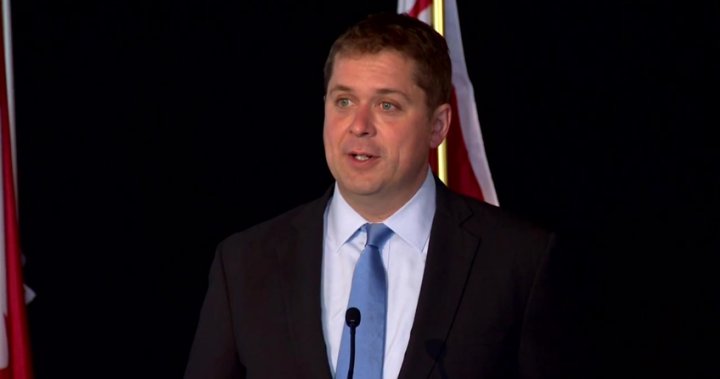MONTREAL (Reuters) - Separatists in the Canadian province of Quebec are making a comeback after years in the doldrums and could regain enough strength to endanger Liberal Prime Minister Justin Trudeau's bid to retain power in a federal election this October.
The center-left Liberals, now trying to recover from a major scandal over alleged interference by officials in a criminal case, unexpectedly won 40 of Quebec's 78 seats in 2015. They have said they will now need to win at least 12 more Quebec seats to offset losses elsewhere.
To do so, they will have to fend off the Bloc Quebecois, a party that has long pushed for the province's independence.
Polls show the Bloc, which has lost support since the mid-1990s when it was the second-biggest party in parliament, gaining recent momentum as backers who abandoned it for the left-leaning New Democrats in the last two elections show signs of returning.
The Bloc has 10 Quebec legislators and stands a chance of picking up some of the seats the Liberals are aiming for, especially those held by the slumping New Democrats.
That could make all the difference for Trudeau, in a race where every seat will count and where the Liberals are eyeing victories in places they have not won in decades.
A Mainstreet Research survey put support for the Bloc at 19.1% in July, up from 13.3% in March. An Ipsos poll from this week put the Bloc at 22% in Quebec, up from 20% in April.
If the Bloc can grow support to above 20%, the party could potentially spoil the Liberal chances in key ridings (parliamentary constituencies) such as Saint Hyacinthe-Bagot, which was narrowly won by the New Democrats in 2015, said Leger Marketing pollster Christian Bourque.
"The Bloc has the potential to be the spoiler," he said, explaining that it could divert votes away from the Liberals and hand the win to the rival Conservative Party.
To counter that, the Liberals are aggressively chasing some of the 38 Quebec ridings they do not hold by considering candidates including Rejean Hebert, a former cabinet minister from the Bloc's provincial sister party.
They have recruited high-profile progressives such as longtime environmentalist Steven Guilbeault, now bidding to win a Montreal riding the Liberals last held in the 1980s.
"The party is doing very well in Quebec," Guilbeault said by phone. "It has attracted 50,000 new members since 2015, and I suspect this will go up significantly between now and the election."
Liberal Party spokesman Braeden Caley confirmed the importance of Quebec in the election.
"We absolutely have a growth strategy in Quebec and it will continue to be a big focus of the campaign," Caley said, adding the party had made a major investment in a provincial ad campaign.
An added challenge is that the Conservatives, who polls show have a chance of winning the October election, are looking to add to the 11 Quebec seats they hold.
Quebec politics has become much more fluid in recent years and old-style alliances can no longer be taken for granted.
The Quebec Federation of Labor, the province's largest labor union, supported the Bloc in 2011 but is no longer backing any one party.
"It's possible that in certain ridings we'll support the Liberal Party," said federation President Daniel Boyer. He added that the Bloc was "the big unknown in the election."
The Bloc is being underestimated and could pose a surprise, especially if new leader Yves-Francois Blanchet, who took over in January, wins the French-language leaders' debate, Boyle said.
Support for Quebec independence has waned in recent years, compared with 1995, when the pro-sovereignist side only just lost a referendum on splitting from Canada.
Bloc leader Blanchet said in an interview that voters who defected in previous elections were fed up with the New Democrats and Liberals.
"Many people will want to return to the Bloc," he predicted.







